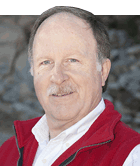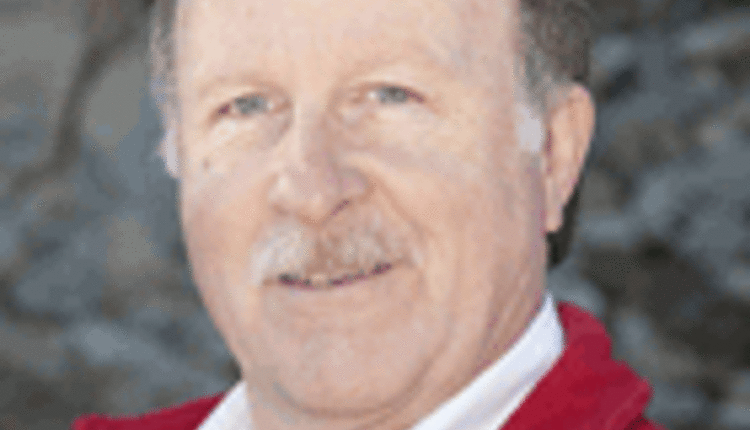An estimated 6.5 million fulltime employees in California – including those who work on dairies – will begin earning three days per year of paid sick time off from their employers under the "Healthy Families Act" that was signed by Governor Jerry Brown in September.
In doing so, California becomes only the second state in the country requiring that employers provide such a benefit. Connecticut was the first in 2011. But don't be surprised if other states follow.
On the day the bill was signed, U.S. House of Representatives Minority Leader and former Speaker of the House Nancy Pelosi (D-Calif.), posted a statement on her website saying, "Now it is time for Congress to follow California's lead and guarantee paid sick leave for workers across the entire country."
Under the new law, California employees who work at least 30 hours per week will earn mandatory paid sick time off at the rate of one hour per every 30 hours worked. That theoretically amounts to 8-1/3 paid sick days per year for an employee working 40 hours per week and 50 weeks per year. But the bill allows employers to limit the use of paid sick days to three per year.
Accrued days can be carried over to following years, but employers are not required to pay for unused sick days if an employee quits or is fired.
The biggest headache for employers will likely be the mandatory recordkeeping provision of the law, unless, says Anthony Raimondo at Raimondo & Associates in Fresno, Calif., "they simply grant three days of sick leave at the start of the year or the start of employment in order to avoid tracking accrual."
However, employers do have to maintain records documenting the number of hours each employee works, the number of paid sick days accrued, and the number used. Records must be retained and be available to the State Labor Commissioner for at least three years after the employee leaves. Employers who violate the law are subject to penalties and fines of up to $8,000 per offense.

The author has served large Western dairy readers for the past 37 years and manages Hoard's WEST, a publication written specifically for Western herds. He is a graduate of Cal Poly-San Luis Obispo, majored in journalism and is known as a Western dairying specialist.
In doing so, California becomes only the second state in the country requiring that employers provide such a benefit. Connecticut was the first in 2011. But don't be surprised if other states follow.
On the day the bill was signed, U.S. House of Representatives Minority Leader and former Speaker of the House Nancy Pelosi (D-Calif.), posted a statement on her website saying, "Now it is time for Congress to follow California's lead and guarantee paid sick leave for workers across the entire country."
Under the new law, California employees who work at least 30 hours per week will earn mandatory paid sick time off at the rate of one hour per every 30 hours worked. That theoretically amounts to 8-1/3 paid sick days per year for an employee working 40 hours per week and 50 weeks per year. But the bill allows employers to limit the use of paid sick days to three per year.
Accrued days can be carried over to following years, but employers are not required to pay for unused sick days if an employee quits or is fired.
The biggest headache for employers will likely be the mandatory recordkeeping provision of the law, unless, says Anthony Raimondo at Raimondo & Associates in Fresno, Calif., "they simply grant three days of sick leave at the start of the year or the start of employment in order to avoid tracking accrual."
However, employers do have to maintain records documenting the number of hours each employee works, the number of paid sick days accrued, and the number used. Records must be retained and be available to the State Labor Commissioner for at least three years after the employee leaves. Employers who violate the law are subject to penalties and fines of up to $8,000 per offense.

The author has served large Western dairy readers for the past 37 years and manages Hoard's WEST, a publication written specifically for Western herds. He is a graduate of Cal Poly-San Luis Obispo, majored in journalism and is known as a Western dairying specialist.







